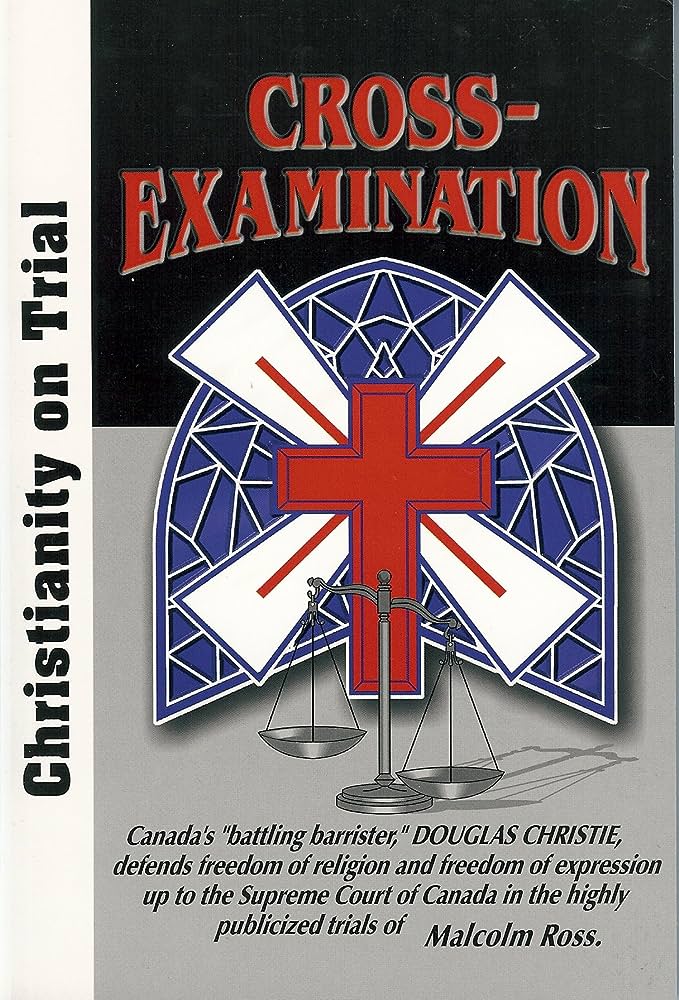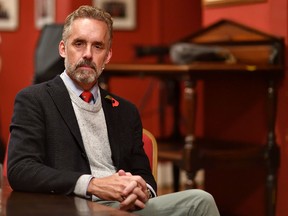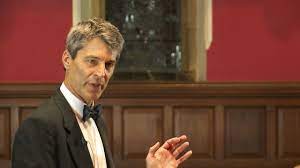Hopeful News in the McCorkill Case: Chances Improve of Getting to the Supreme Court
Good news and bad news. CAFÉ’s chances of winning “leave” or acceptance of the Supreme Court to appeal the appalling decision of Mr. Justice Grant of the Court of Queen’s Bench in New Brunswick and upheld last July by the Court of Appeals of New Brunswick have vastly improved. That’s the good news. CAFÉ’s chances of being granted leave to appeal have improved. That’s the bad news because an appeal in ferociously expensive. Our appeal costs could soar to $60,000 and we are behind in our bills.
The McCorkill case is vital to freedom of speech, freedom of belief and property rights. Should a court be able to nullify a will or bequest because the recipient’s views are “contrary to public policy”? The late Robert McCorkill of St. John, New Brunswick was a professor of chemistry and left his sizable estate of old coins and rare artifacts to the U.S. White Nationalist group known as the National Alliance.

Professor McCorkill died in 2004. The estate was finally probated in 2013. Then, the Southern Poverty Law Center, a malicious group of U.S. censors who make a profitable business of spying on, exposing and legally harassing those they claim are “haters”, found out and raised a storm. The usual hysterical stuff: the bequest would revive the “Nazi” movement in the U.S. And, yes, there’d be a gas chamber on every other corner. The only problem was that the SPLC had no legal standing in Canada. However, the next thing we knew, Ottawa lawyer Richard Warman got into the act and declared that the bequest was “contrary to public policy.” At first, this seemed absurd. However, miraculously Isabel McCorkell [yes, different spelling], the long estranged sister of Robert McCorkill – she had not attended his funeral or challenged his will during the probate proceedings – surfaced. Interestingly, she lived in Ottawa. She sought and obtained an order to freeze the proceeds until she could make an application to have the will nullified on the grounds that it was … “contrary to public policy.” She was quickly joined in her endeavours by the Attorney General of New Brunswick, the League for Human Rights of B’nai Brith and the Centre for Israel and Jewish Affairs. At this point, CAFÉ sought and was granted intervener status. This is clearly a vital case on several levels. It is a case defending freedom of speech and freedom of belief. It is also upholding property rights. Should a judge be able to overturn the clear wishes of a testator? Should a person not be able to dispose of his property as he sees fit and not have the views or morals of his beneficiaries scrutinized by a judge?
Last September, CAFÉ sought leave to appeal to the Supreme Court of Canada. Only about one in 10 applications for leave are granted. The SCC seeks cases that have a national interest. Surely, some degree of certainty in estate law would constitute such a national interest. That was our argument. However, this argument was greatly strengthened recently by a decision of the Ontario Court of Appeals in the Spence case. Rev. Eric Spence was a Jamaican preacher who left all of his $400,000 estate to one daughter, whom he hadn’t seen in 30 years, and left nothing to Verolin, the daughter he’d raised and financed through university, because she’d had a child with a White man. In January, 2015, as we had predicted in our arguments before the Court of Queen’s Bench, the McCorkill decision would be the beginning of a flood of allegations. Verolin successfully had her father’s will nullified. Judge Cory. A Gilmore inveighed against
Spence’s “clearly stated racist principle” and declared that the will “not only offended human sensibilities but also public policy”. She then nullified the will as being “contrary to public policy.” BMO Trust, on behalf of the Spence Estate, appealed to the Ontario Court of Appeals. In a March 8 decision , the Ontario Court of Appeals overturned, Judge Gilmore’s decision, and reinstated the will’s provisions. This decision is immensely helpful should our case reach the Supreme Court.
Some key points from the appeal:
* Proceeding by affidavit flawed: “In support of the application, Verolin filed her own affidavit, together with an affidavit sworn by Imogene Parchment … who had acted as Eric’s occasional caregiver. … Neither Verolin nor Imogene were cross-examined on their affidavits (13). … The application judge erred by embarking on a public policy-based review pf thje impugned terms of Eric’s will and that she further erred by admitting the Extrinsic Evidence entered in this case. It follows tat I would allow the appeal. (113) This finding is most helpful because the entire McCorkill application was heard using only “extrinsic evidence” in the form of affidavits. None of the deponents was cross-examined. CAFE’s lawyer Andy Lodge succeeded in getting some affidavits struck, but a number of fiery ones filled with accusations against the National Alliance remained as part of the record.
* BMO’s arguments on behalf of the Spence Estate. “BMO Trust … submits that the application judge erred by placing any weight on the Extrinsic Evidence. … BMO Trust argues that the application judge unjustifiably interfered with Eric, testamentary freedom, which allows him to distribute his property as he chooses. … Allowing the application judge’s decision to stand would increase uncertainty is estate law and open the floodgates to litigation in estates matters.” (24-26) This latter argument was also forcefully made by CAFE both before the Court of Queen’s Bench and the New Brunswick Court of Appeal,
* Testamentary Freedom, “A testator;s freedom to distribute [his] property as [he] chooses is a deeply entrenched common law principle.” (30) “he Supreme Court has also recognized the importance of testamentary autonomy, holding that it should not be interfered with lightly, but only in so far as the law requires.” (31)
* The Court noted that the Spence will was a private trust. There were no behaviour actions required of the beneficiary. “Eric’s residual bequest imposes no conditions or stipulations. “The courts have recognized various categories of cases where public policy may be invoked to void a conditional testamentary gift” (like marrying a particular person, celibacy, or membership in a particular church) (55) There were no such conditions in either the Spence will or the McCorkill will.
* There is strong criticism of the reasoning in the McCorkill decision. McCorkill found “this authority extends to cases where the terms of the bequest do not include discriminatory conditions bu evidence is tendered that a testator’s alleged motive is making the bequest offends public policy. I see no support in the established jurisprudence for the acceptance of such an open-ended invitation to enlarge the scope of the public policy doctrine in estates cases.” (58) McCorkill extends the law dangerously. “Prior to McCorkill, public policy based justification for judicial interference with a testator’s freedom to dispose of [his] property had been advanced only in respect of conditional testamentary gifts. In McCorkill, as in this case, the testator’s residual gift was absolute, not conditional.” (62) “However, Professor Ziff [Bruce Ziff, “Welcome to the Newest Unworthy heir”] acknowledges that, even in unworthy heir cases like McCorkill, the invocation of public policy considerations to void an unconditional testamentary bequest may overreach the proper ambit of the public policy doctrine. ‘The more challenging problem with McCorkill is that it may be overbroad.'”
* Neither the Spence nor the McCorkill bequests offend the Charter or provincial human rights acts. “Neither the Ontario Human Rights Code … nor the Charter of Rights and Freedoms apply to justify court interference with the testator’s intentions. the Human Rights Code, of course, ensures that every person has a right to equal treatment with respect to service,s good and facilities without discrimination based on race … the Charter pertains to state action. Neither reaches testamentary disposition of a private nature.” (74) This would seem to apply to McCorkill, as well.
* this conclusion would seem to be very applicable to McCorkill: “The desire to guard against a testator’s unsavoury or distasteful testamentary dispositions cannot be allowed to overtake testamentary freedom. The need for a robust application of the principle of testamentary freedom is especially impoirtant … in the context of a testator’s central right to choose his or her residual beneficiaries.” (85)
And, there’s more. Now, there seems to be a contradiction between the Courts of Appeal in New Brunswick and Ontario; the former was quick to overturn the testator’s wishes as the recipient’s views were “contrary to public policy”; the Ontario court refused to overturn the will even though it did involve a degree of racial discrimination. Acting on behalf of Verolin Spence, Earl A. Cherniak advised Andy Lodge, CAFÉ’s lawyer: “Given the similarities of the issues to be decided on the application for leave to appeal in McCorkill and the issues we intend to raise in the Spence matter, we ask that the Panel considering the application for leave in McCorkill be advised that we will be seeking leave to appeal and will … be bringing a motion to expedite leave.” CAFÉ has agreed that the Spence appeal can be joined to ours, if the Court so wishes. This strengthens our chances of being granted leave.
This Spring will extremely expensive for CAFÉ. The issues of property rights and freedom of speech and belief are crucial. We need your help urgently! A tiny band of generous, loyal people like you have made this crucial battle possible thus far.
Please send your most generous contribution today.
My thanks, fellow free speech supporter,
Paul Fromm
Director
CANADIAN ASSOCIATION FOR FREE EXPRESSION
__________________
CAFE, Box 332, Rexdale, Ontario, M9W 5L3
__ Here’s my special donation of _____ to help CAFE pay off its legal bills in the McCorkill Will Appeal which is now awaiting “leave” from the Supreme Court,
__ Here’s my donation of ____to help CAFÉ’s support the victims of state censorship, especially Arthur Topham.
__ Please renew my subscription for 2016 to the Free Speech Monitor ($15).
Please charge______ my VISA/Mastercard#____________________________________________________________
Expiry date: ______ Signature:______________________________________________________________________
Name:__________________________________________________________________________________________
Address:________________________________________________________________________________________
_______________________________________________________Email___________________________________
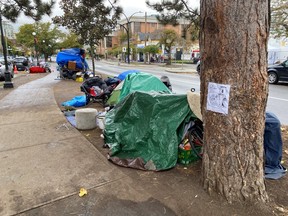



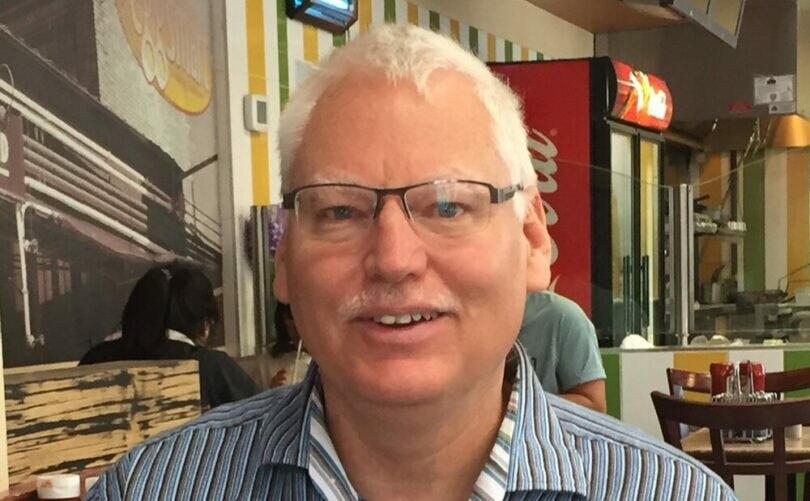 LifeSiteNews
LifeSiteNews